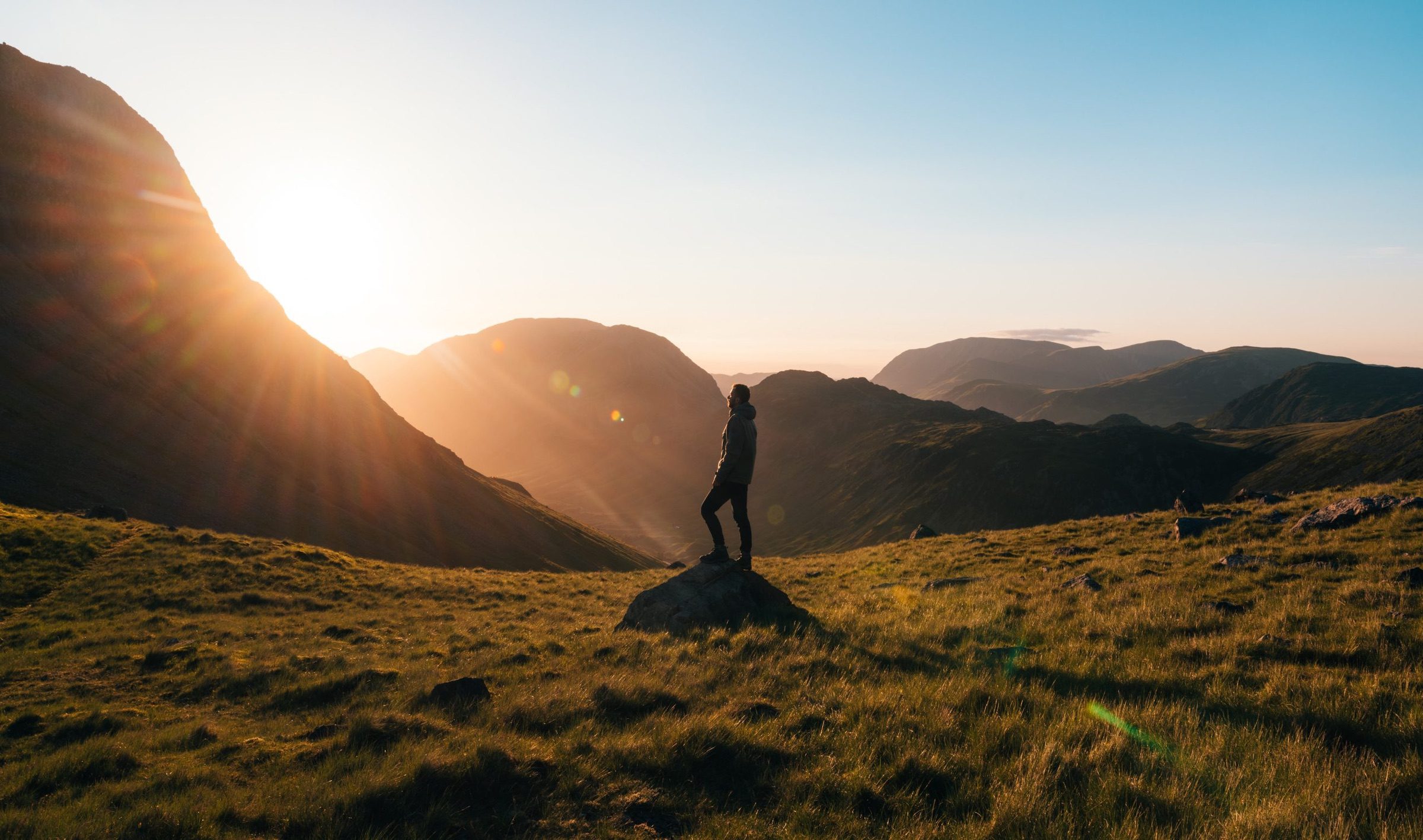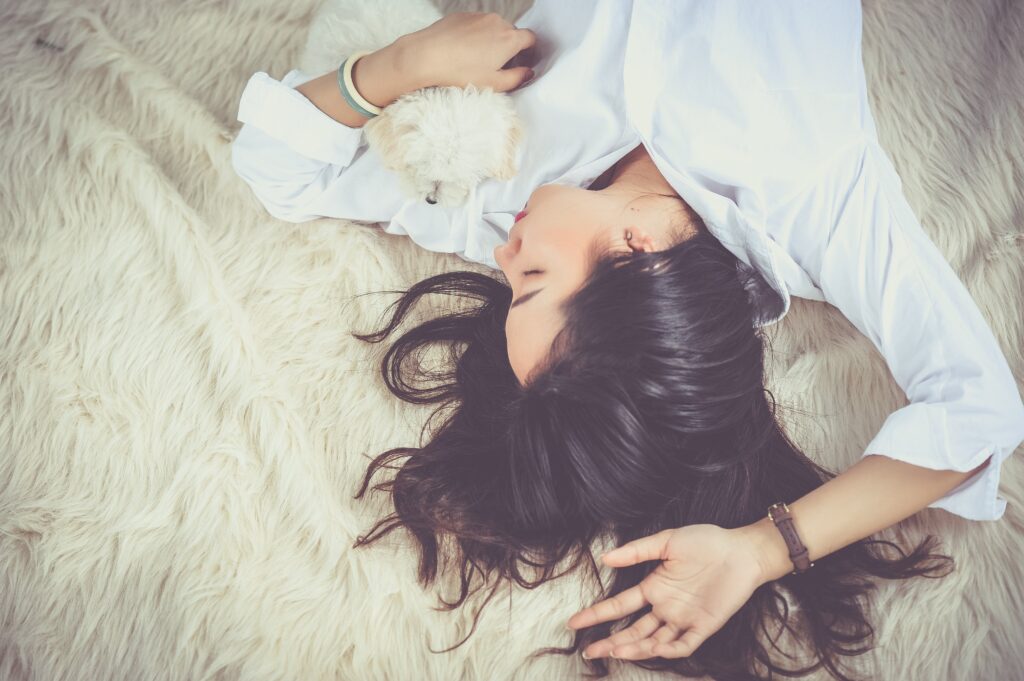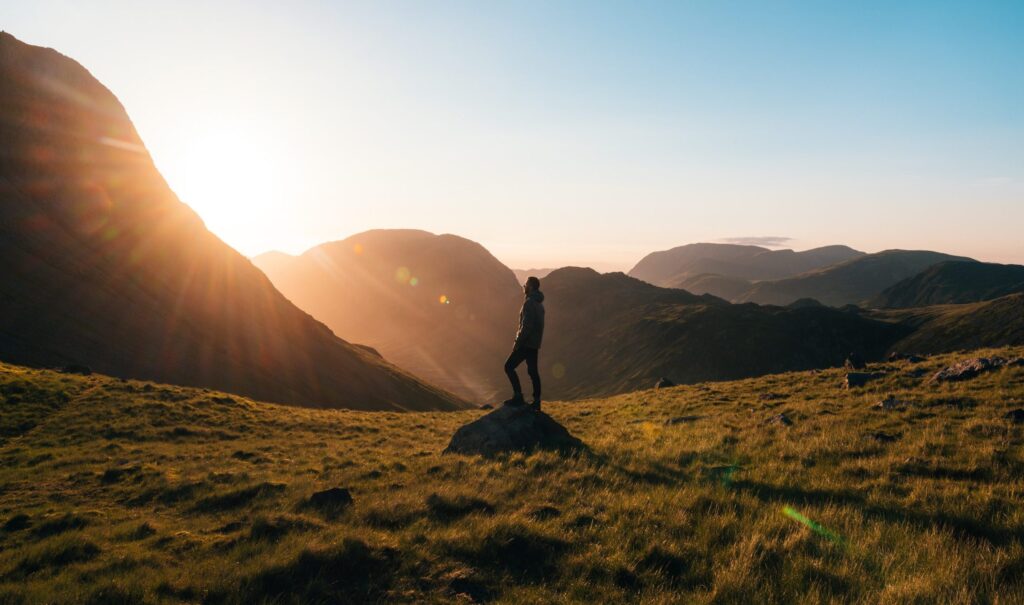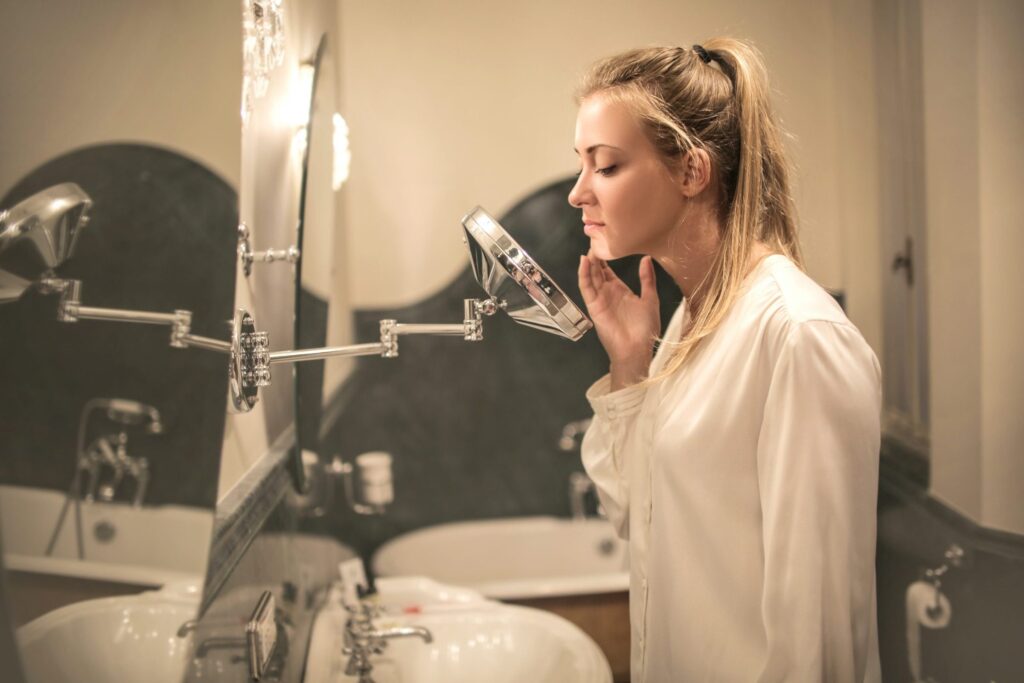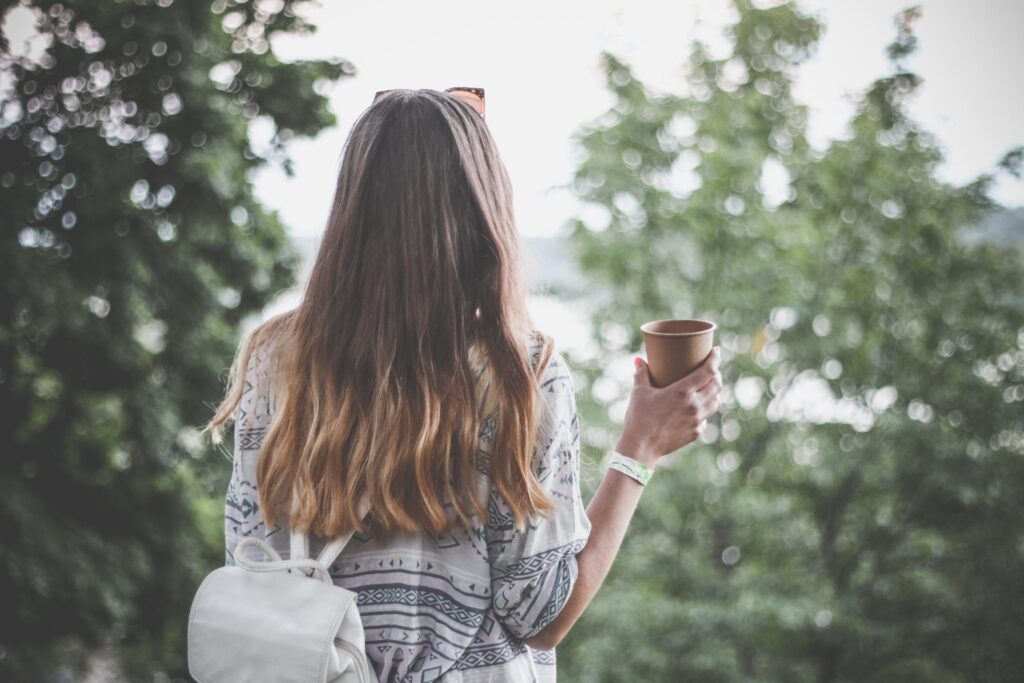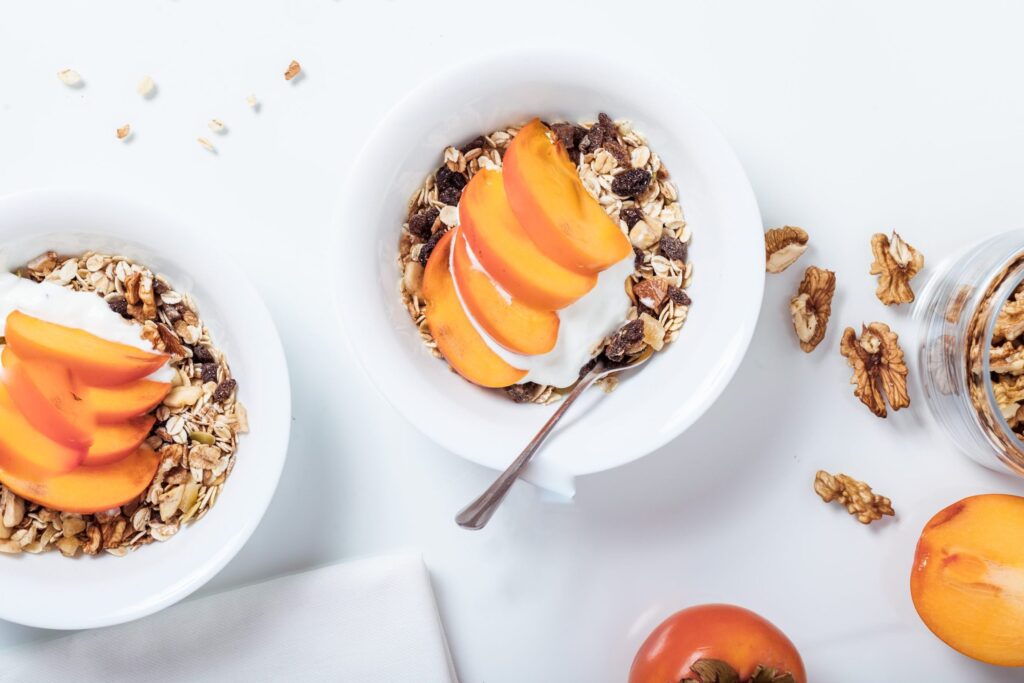Most have heard about the importance Vitamin D has on our health in terms of immune system and general mood, but did you know sunlight exposure is strongly linked to our quality of sleep?
Light and darkness are crucial for regulating the circadian rhythm, the sleep/wake cycle. Humans are outdoor species but most people spend 90% of their days indoors and when the sun comes out, we tend to cover up with hats and sunglasses. We do this to prevent burning but this means some of the benefits of sunlight are lost.
Good quality sleep starts the moment we wake up. Sunlight exposure in the morning will help melatonin production and ensure we enter sleep more easily at night. Getting outside as early as possible, preferably before sunrise or straight after can affect how you will sleep in the evening.
Sunlight does not only contribute to increased Vitamin D levels but also to the formation of nitric oxide, a vasodilator that affects hypertension, melatonin and serotonin (hello happy hormone!).
When it comes to light, we also need to consider the type of light we expose ourselves to on a more regular basis but it does not have the same positive effect on our sleep. I’m talking about the artificial light at night (ALAN) coming from mobile phones, TV, laptops and tablet. This type of light can have a negative impact on our sleep quality and conditions such as IBS, leaky gut, metabolic disease, autoimmune disease and depression have all been linked to circadian dysfunction.
Sleep is the body’s time to recharge, recover and repair itself to perform the following day so it’s important we provide the tools to optimise this.
Here are some ways you can improve sleep quality and help promote a healthy circadian rhythm.
- Try to avoid exposure to artificial light before going to sleep. I know this can be a tricky one if you work late in the evening or like watching your favourite show before bed. If that’s the case, there are some other options worth considering.
- Have you ever tried blue light blocking glasses? These are great if you are exposed to technology in the evening as they will block those lights that otherwise send signals to the brain that it is NOT time to sleep.
- Install a filter on your phone or use the setting “Night Shift”.
- Download f.lux on your laptop
- Avoid caffeine after lunch – some people are more sensitive than others might need to avoid it after 10 am to prevent it from interfering with sleep
- Limit alcohol as it increases sleep disturbance throughout the night
- Expose yourself to sunlight as early as possible in the morning
- If possible, try to do any intensive training in the morning rather than late in the evening
- If safe, reduce the use of hats and sunglasses on sunny days
- Establish and prioritise an evening routine
Reach out if you have any questions or if you are curious to know how working together can help your specific symptoms.

